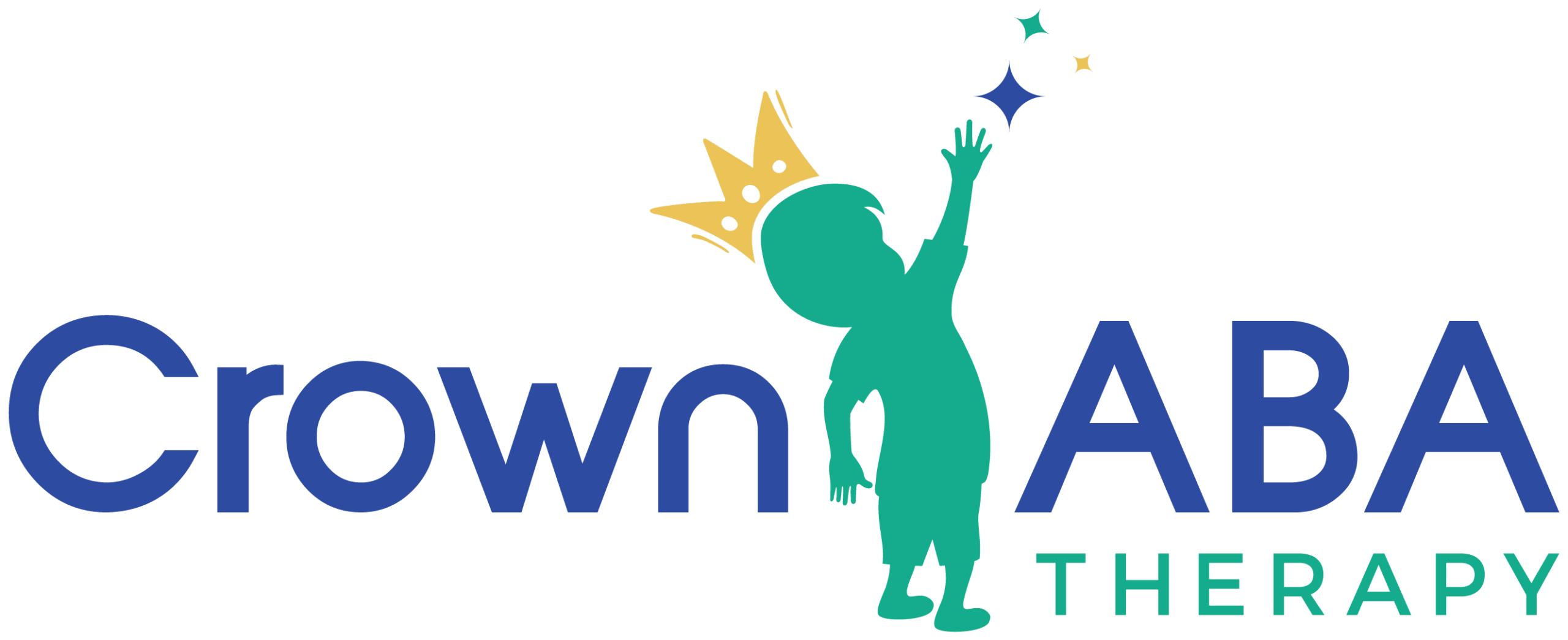Key Points:
- Understanding the foundational principles and goals of ABA therapy helps parents choose the right provider.
- Important factors to evaluate include credentials, communication styles, program customization, and progress tracking.
- Crown ABA offers personalized, family-centered ABA therapy in Maryland designed to meet the unique needs of each child.
Navigating the world of behavioral therapy for children with autism can feel overwhelming—especially when trying to choose the right ABA therapy in Maryland. Whether you’re just beginning the diagnosis journey or looking to switch providers, the stakes are high, and every decision matters. Choosing a provider isn’t just about checking boxes for certifications or availability; it’s about finding a service that aligns with your child’s unique needs and your family’s long-term goals. Let’s break down what matters most when evaluating ABA therapy services in Maryland—and how to find the best fit for your child.
What Is ABA Therapy and Why It Matters
Applied Behavior Analysis (ABA) therapy is one of the most evidence-based treatments for children with autism spectrum disorder (ASD). It focuses on improving specific behaviors such as communication, social skills, self-care, and learning by breaking them into manageable steps and using positive reinforcement.
In Maryland, ABA therapy services are widely available, but quality and approach can vary significantly between providers. That’s why it’s essential to go beyond the surface and understand what a provider truly offers.
A well-structured ABA program doesn’t just aim to change behavior—it builds the foundation for independence, confidence, and daily functioning.
 Key Factors to Consider When Choosing ABA Therapy Services in Maryland
Key Factors to Consider When Choosing ABA Therapy Services in Maryland
Before committing to an ABA provider, it’s important to assess multiple dimensions of the service. The right provider should be qualified, communicative, and genuinely focused on the long-term well-being of your child—not just immediate behavioral outcomes.
Here’s what to look for:
1. Credentials and Experience of Staff
When reviewing potential providers, one of the first things to look at is who will be working with your child.
- Board Certified Behavior Analysts (BCBAs): These professionals design and oversee ABA programs. Make sure your provider has BCBAs on staff and involved in your child’s care directly—not just for occasional check-ins.
- Registered Behavior Technicians (RBTs): These are the individuals who will most often implement the therapy. Confirm that they are certified, trained thoroughly, and receive ongoing supervision.
Experienced staff can make a significant difference in how well your child responds to therapy.
2. Program Customization and Flexibility
No two children are the same, and a one-size-fits-all therapy plan rarely delivers long-term results. High-quality ABA providers conduct in-depth assessments and build individualized treatment plans based on your child’s needs.
Ask about:
- Assessment tools used for developing treatment goals
- How often treatment plans are reviewed and updated
- Whether the therapy can be adjusted based on family feedback and child progress
Crown ABA, for example, places a strong emphasis on tailoring its programs specifically to each child, which helps improve both engagement and outcomes.
3. Family Involvement and Support
ABA therapy doesn’t exist in a bubble. Parents and caregivers play a central role in reinforcing skills outside of therapy sessions. The best ABA services in Maryland will involve the family from day one.
Look for providers that:
- Offer parent training sessions
- Include family goals in the treatment plan
- Maintain open communication and encourage feedback
This collaboration not only helps your child improve but also empowers you as a parent.
Practical Aspects You Shouldn’t Overlook
Even when a provider looks perfect on paper, logistical and operational issues can become major roadblocks. Here are a few practical aspects that also deserve attention:
4. Session Availability and Scheduling
You’ll want to make sure sessions align with your family’s schedule. Consistency is key in ABA, so unpredictable or inflexible scheduling can hinder progress.
- Is in-home therapy an option, or is it clinic-based only?
- Are there options for after-school sessions or weekends?
- How far in advance do you need to book sessions?
5. Data Collection and Progress Tracking
A defining feature of ABA is its reliance on data to guide decisions. Providers should use data collection tools to monitor progress, adjust strategies, and keep families informed.
- Will you receive regular progress reports?
- How is data collected and analyzed?
- How often are goals reviewed?
This level of transparency helps ensure your child is on the right track.
Signs of a High-Quality ABA Provider: What to Look For
Once you’ve narrowed down your options, use the following checklist to further evaluate providers. These signs are strong indicators of a high-quality ABA therapy service:
- Initial Assessment is Comprehensive
This includes interviews with family, direct observation, and standardized assessments to fully understand the child’s needs before therapy begins. - Treatment Plan is Specific and Measurable
Goals are broken down into measurable behaviors with clear strategies for achieving them. - Therapists Receive Regular Supervision
BCBAs are actively involved, not just behind the scenes. There are checks in place to ensure RBTs are following protocols accurately. - You Feel Heard and Informed
A great provider welcomes your input and keeps you updated regularly. There’s a mutual respect between you and the team. - They Prioritize Functional Skills
Skills taught in therapy are designed to translate into real-world settings like school, home, or social environments. - They Talk About Discharge
It might sound odd at first, but ethical providers always plan with the long-term goal of independence in mind. This means discussing what progress looks like, and what skills are needed for a successful transition out of therapy.
Questions to Ask During Your Consultation
Choosing ABA therapy is not just about the provider—it’s about fit. Before enrolling, schedule a consultation and come prepared with questions that can guide your decision.
Here are some to consider:
- How do you involve families in treatment planning?
- What kind of training do your therapists receive?
- How is progress monitored and communicated?
- Can I observe a session?
- Do you provide services in natural settings (home, school)?
You’ll not only learn more about their approach but also get a feel for how collaborative and transparent they are.
Why Parents in Maryland Trust Crown ABA
If you’re looking for thoughtful, customized ABA therapy in Maryland, Crown ABA offers programs designed with families in mind. Their approach is centered on collaboration, clarity, and consistency. From the moment of intake, parents are treated as key members of the therapy team.
What sets them apart is their commitment to helping each child succeed in a way that feels both structured and supportive. Whether your child is learning to communicate, improve daily living skills, or navigate social interactions, Crown ABA’s team is trained to provide guidance grounded in compassion and expertise.
Their data-driven strategies ensure that therapy is always aligned with your child’s progress—and their therapists are equally focused on helping families understand the “why” behind every intervention.
Final Thoughts: Finding the Right Fit for Your Family
Choosing ABA therapy is a deeply personal decision. It’s about more than selecting a provider—it’s about finding a partner in your child’s development. You want someone who listens, adapts, and genuinely cares about long-term success. The good news is, you don’t have to figure it out alone.
If you’re exploring ABA therapy in Maryland, consider reaching out to Crown ABA. They’re ready to walk this journey with you, step by step.
Get in touch today to learn how they can support your child’s growth, one behavior at a time.





